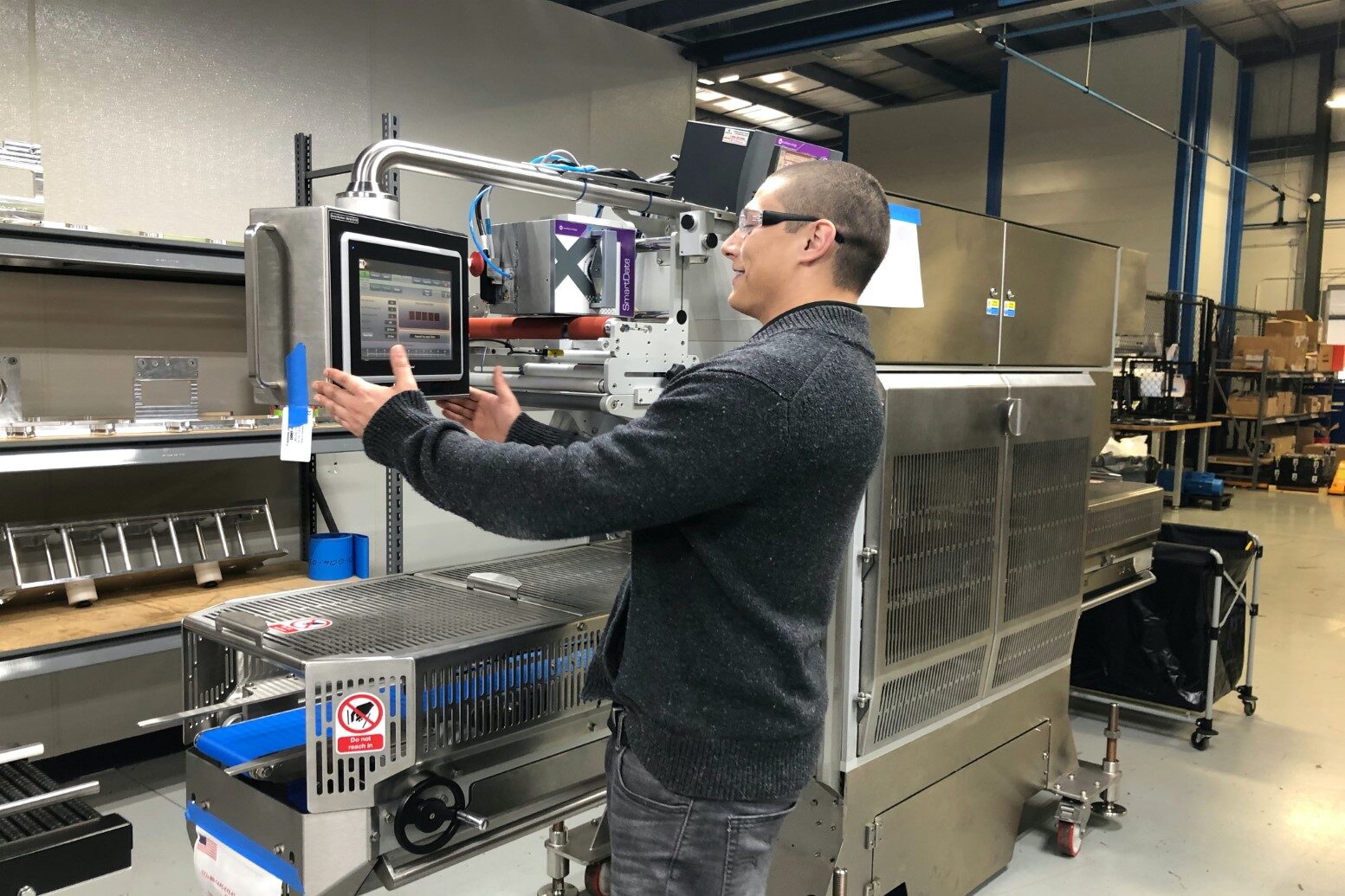Overview
In today’s competitive market, providing exceptional user experience is crucial for the success of any product. Complex products, especially in software or technical industries, often require users to navigate intricate systems and processes, which can lead to frustration if they cannot quickly find the information or guidance they need. The Integrated AI Product Assistant addresses this challenge by embedding AI-driven support directly within the product, offering real-time assistance, troubleshooting, and personalized guidance.
This use case focuses on how the Integrated Product Assistant helps companies enhance user satisfaction, reduce support costs, and improve overall product utilization by providing seamless, in-context support and information.
Challenge
A leading enterprise software company faced significant challenges in ensuring that its users could fully utilize the complex features of its flagship product. Users often struggled with finding the right information or troubleshooting issues, leading to high volumes of support tickets. The company’s support team was mainly busy handling repetitive inquiries, which delayed response times for more complex issues.
Additionally, the company wanted to improve user onboarding and ensure that new users could quickly get up to speed without relying heavily on external support. The challenge was to provide a solution that could deliver real-time, personalized assistance to users, directly within the product interface.

Solution
The company implemented the Integrated AI Product Assistant, an AI-driven solution embedded within the product to provide real-time guidance and support. Here’s how the solution addressed their challenges:
- Real-Time User Guidance:
The AI Product Assistant provided users with immediate, in-context help as they navigated the platform. Whether users needed to understand a feature, troubleshoot an issue, or find specific information, the assistant offered relevant guidance instantly. - Personalized User Experience:
The assistant tailored its guidance based on the user’s role, behavior, and preferences, ensuring that each user received the most relevant information. This personalized approach helped users feel more confident and satisfied with the platform. - Proactive Assistance and Feature Recommendations:
The AI Product Assistant didn’t just react to user queries; it proactively offered tips, reminders, and feature recommendations based on user behavior and past interactions. This ensured that users were continuously discovering new features and getting the most out of the platform. - Identification of Documentation Gaps:
By analyzing user queries and interactions, the AI Product Assistant identified gaps in the existing documentation. It flagged areas where users frequently sought help but could not find adequate documentation, enabling the company to address these gaps and improve their knowledge base. - Behavioral Insights for Product Improvement:
The assistant tracked user behavior, providing valuable insights to the startup’s product team. These insights included how users interacted with various features, which areas were underutilized, and where they encountered difficulties. This data informed proactive feature development and helped the team prioritize bug fixes and enhancements. - Accelerated Onboarding:
The AI assistant played a crucial role in onboarding new users, guiding them step-by-step through the platform’s features. This reduced the time it took for users to become proficient with the software, leading to quicker adoption and increased customer satisfaction. - Seamless Integration with Support:
The assistant was integrated with the startup’s existing support system, allowing it to deflect common queries by providing answers directly within the platform. More complex issues were seamlessly escalated to human support, ensuring that users always had the help they needed. - Multilingual Support:
The AI Product Assistant supported multiple languages, enabling the SaaS company to cater to a global audience and ensure that all users received high-quality, consistent assistance. - Proactive Issue Fixing and Feature Development:
With insights from the AI Product Assistant, the product development team was able to proactively address issues before they became widespread. They could also develop new features based on real user needs and feedback, ensuring that the platform evolved in line with user expectations. - Reduced Churn Rate:
By ensuring users could fully utilize the platform and receive timely support, the AI Product Assistant contributed to a lower churn rate. Users were more likely to renew their subscriptions and remain loyal to the platform due to their positive experience.
Results
The implementation of the Integrated AI Product Assistant delivered significant benefits to the software company:
- 35% Reduction in Support Tickets:
By providing in-context assistance, the startup saw a 35% reduction in support tickets, allowing their support team to focus on more complex issues. - 55% Faster User Onboarding:
The personalized guidance provided by the assistant helped new users become proficient 55% faster, improving time-to-value and customer retention. - 40% Increase in Feature Adoption:
With the assistant’s help, users were more likely to explore and utilize advanced features, leading to a 40% increase in feature adoption across the platform. - Enhanced User Satisfaction:
Users reported higher satisfaction levels due to the immediate and personalized support they received, contributing to improved customer loyalty. - Proactive Identification of Documentation Gaps:
The AI assistant identified and flagged documentation gaps, leading to a 25% reduction in user-reported documentation issues after updates were made. - Informed Feature Development:
The insights provided by the assistant led to the development of new features that directly addressed user needs, resulting in a 30% increase in overall user engagement. - Proactive Issue Fixing:
By proactively identifying and addressing issues, the startup reduced the frequency of bug reports by 20%, leading to a smoother user experience. - Reduced Churn Rate:
The proactive support and personalized guidance offered by the assistant contributed to a lower churn rate, helping the startup retain more customers. - Cost Savings on Support:
By automating routine queries, the startup reduced its customer support costs, freeing up resources for other strategic initiatives. - Consistent User Experience Across Regions:
Multilingual support ensured that users from different regions received consistent, high-quality assistance, enhancing the startup’s global reach.

Conclusion
The Integrated Product Assistant transformed the way users interacted with the company’s software, providing them with the support and guidance they needed to fully utilize the product’s capabilities. By offering real-time, personalized assistance, the company was able to improve user satisfaction, accelerate onboarding, proactively develop features, and increase the adoption of key features, all of which contributed to their success.




